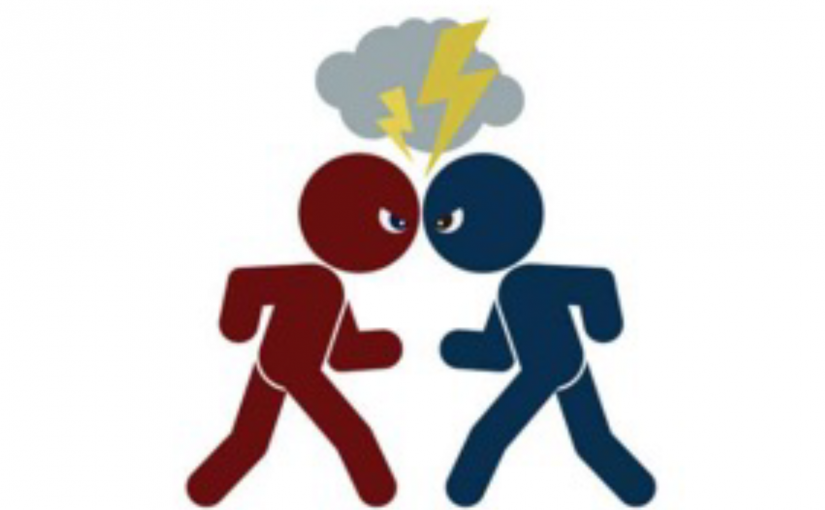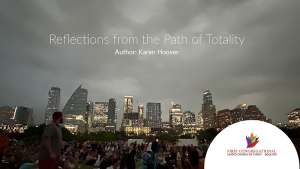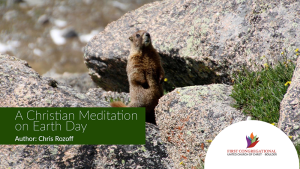Author: Martha Palmer
http://survivingchurch.org/2019/09/05/who-is-my-enemy-when-the-church-needs-to-listen-better/
Trevor Hudson, in Questions God Asks Us, has a chapter on God’s question to Cain, “Where is your brother?” He expands that question into “Who is your brother”? Your siblings, of course, and other family members. Even your friends and neighbors, as well as colleagues, but who else? What about your enemies? Can we even admit to ourselves that we have enemies? Who are the ‘others,’ the ones for whom we might not feel the same sense of caring, compassion and responsibility? People whose world view might be so different from ours that by itself it can raise feelings of anger and hostility.
It may seem impossible to see such a person as a brother or sister. Left to our meager human capabilities, perhaps it is. It is only with God’s help that we can see past the surface of those we disagree with, to the human core within. And what a miracle that is. In chapter 8, verses 23-25, Mark tells of a blind man being healed. When the blind man first opened his eyes he said, “I see men as trees walking.” After Jesus touched him a second time, he saw every man clearly.
As Keith Miller wrote so eloquently in A Second Touch, more than 50 years ago, to see clearly can mean to see as Jesus does – right to the heart and soul of every person. If we could truly see everyone like that, their fears and hopes, then each person’s humanity would be so much more obvious, they would easily all be our family. Thomas Merton tells us, God must be allowed the right to speak unpredictably…. We must find him in our enemy, or we may lose him even in our friend. We must find him in the pagan or we will lose him in our own selves, substituting for his living presence an empty abstraction. Replacing our anger and resentment with understanding and openness to the potential legitimacy of the “other’s” concerns can lighten our personal load in multiple ways. However, more importantly, it can open a path to reconciliation that can be opened no other way.
“Darkness cannot drive out darkness; only light can do that. Hate cannot drive out hate; only love can do that.” Martin Luther King Jr. delivered this famous line in a sermon called “Loving Your Enemies,” at the Dexter Avenue Baptist Church in Montgomery, Alabama, on November 17, 1957.
How do we do this? How do we learn to love our enemies and extend the same care and concern to them that we extend to friends and family? Not through our own strength and wisdom. Only through the grace of God.
Dear Lord, please teach me to see more clearly, to love more dearly and to follow you more nearly.



